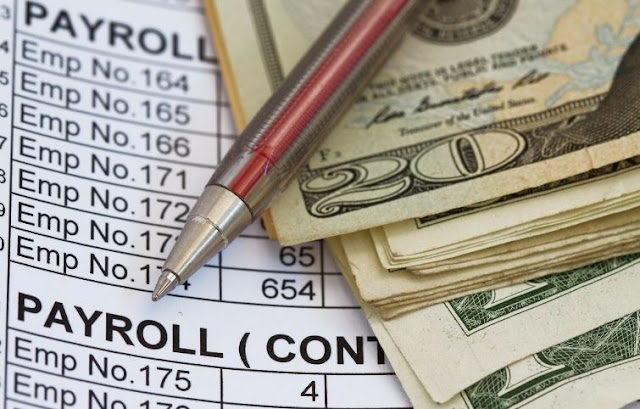
Did you know that over 150,000 people in the U.S. work in human relations according to the Bureau of Labor Statistics?
Even with such a large number of employees work in human resources (HR), many employees don't have the first idea what an HR representative does.
If you've taken an office job, you might be wondering if they're responsible for your salary. After all, is there really any difference between the HR and payroll departments?
We are here to fill you in about human resources and payrolls! Keep reading below to learn the roles of the HR and payroll departments.
The Role Of An HR Department
The HR department exists to assist the staff and help them work to the best of their potential.
Human resource employees are often responsible for hiring new staff members and training them.
Along with training new employees, HR also provides training opportunities for existing employees to move into bigger roles. And, they typically outline new company policies with staff members.
HR employees also act as mediators to resolve any conflict between staff. Additionally, they serve to address individual employee performance issues.
HR also motivates employees through incentive programs and yearly bonuses.
The Role Of A Payroll Department
The payroll department's main objective is to ensure employees are paid on time and correctly.
In order to do this, payroll staff has to verify compensation data for each employee, such as regular hours, overtime, severance pay, etc. They must also confirm tax deductions in paychecks that go out. Often, they will use payroll software to help them do this.
The payroll department is then responsible for sending the direct deposit file to the bank.
They will create check stubs distribute to employees.
Following a pay period, payroll staff verifies all paycheck information in a payroll report.
Where HR And Payroll Work Together
HR and payroll departments have to collaborate to make sure the correct employee information is being processed.
Sensitive information, such as employee social security numbers, are held by the departments, so it's up to them to keep this information secure.
Sometimes the payroll department is split between an office's HR department and its finance department. This is because much of the work relies on both interaction with employees, as well as accounting-based skills.
It's crucial that HR and payroll work together because if employees have issues with their payment at any point, the issue will come back directly to HR. It is in their best interest to make sure the payroll department has everything it needs to operate efficiently.
A lot of the collaborative work between these two departments relies on a fact-checking process. For example, HR will file a salary change for an employee. The payroll department will then verify that change.
Fulfilling Department Duties
Both the HR and payroll departments are necessary to keep your company running smoothly.
While they certainly must work together at times, they don't perform all the same duties. The two complement each other and can't exist without the other.
